People often argue about whether a purebred dog is healthier or if you should get a mixed-breed dog instead. The truth is that each dog is different. Even among dog breeds that often get sick, there are some that are very healthy and live long lives.
Some mutts live forever, and others seem to get all kinds of health problems from their unknown parents. And you can get a dog whose ancestors have been health-tested for generations, but the poor dog can still have genetic problems.
When it comes to health, dogs are never a sure thing. But you can make it more likely that your dog will be healthy. Some breeds and mixes are known to be more likely to have certain health problems.
Every single animal has different health and genetic problems. Putting these lists together doesn’t take much work. Some of the health problems talked about in this article happen very rarely in the breed, are very minor, or can happen to any dog.
The quality of a dog’s life is affected by serious problems. They cut a dog’s life span by a lot. Compared to other breeds or mixes, they would be more common in this breed. And there would be no or very expensive ways to get better.
There Are No Bad Breeds in the World of Dog Breeding
Veterinarians have expressed concern about certain breeds. The reasons vary, but frequently, the difficulties are health-related, with puppy mills and other less-than-ideal companies playing a significant part.
Several of them require much more adopters and significantly less breeding. All would benefit from owners who are prepared for the responsibilities of dog ownership and who obtain their pups from rescue, shelters, and reputable breeders.
However, veterinarians are always available to assist you in making informed choices, regardless of the type of pet you pick.
Breeds at a Higher Than Average Risk of Developing Health Problems.
The following are a few breeds that veterinarians commonly do not recommend because of the possibility of medical conditions and expensive veterinary bills associated with them.
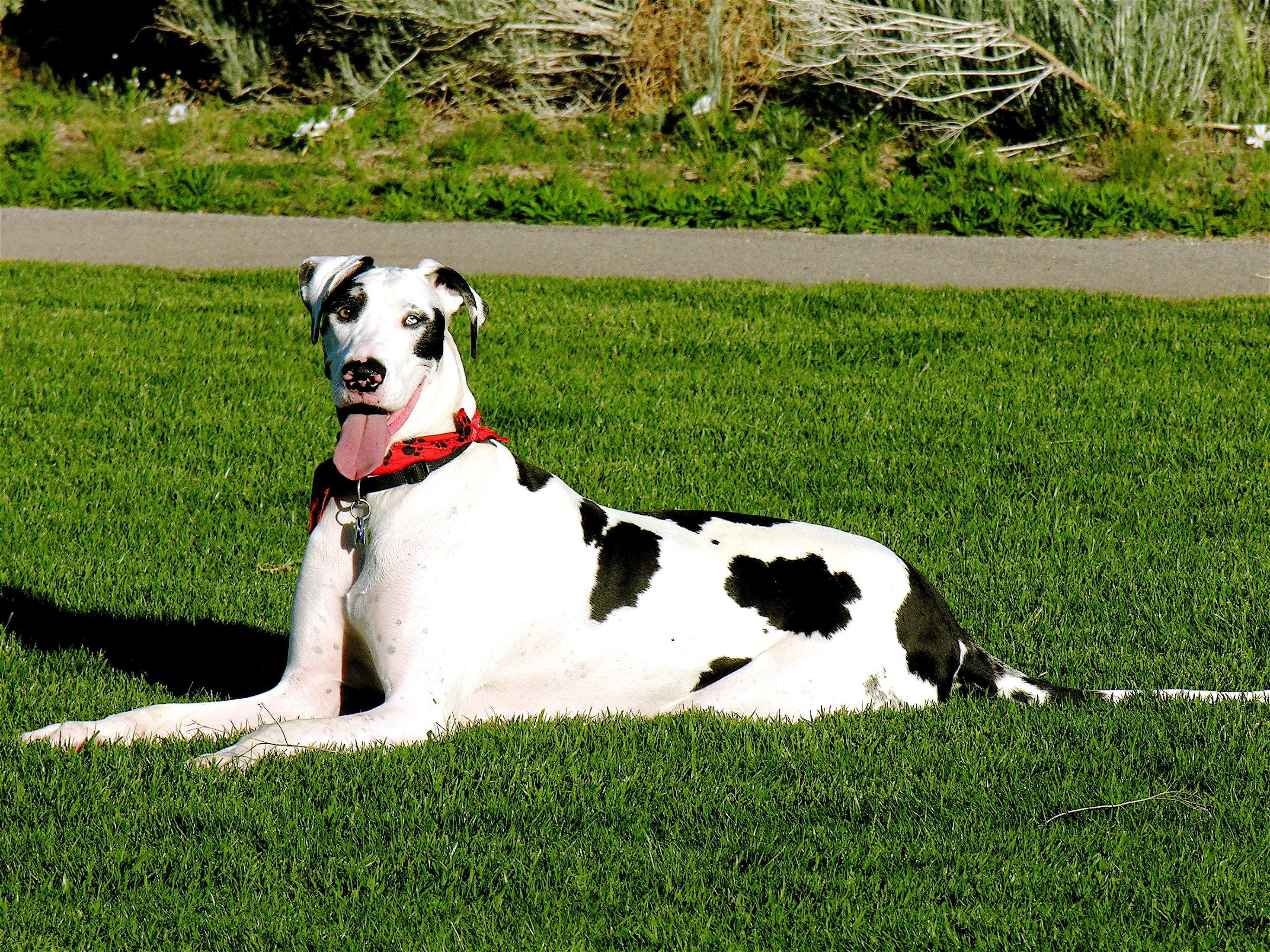
- Great Danes
Great Danes, dubbed the “Heartbreak Breed,” are a big breed, and huge dogs have a shorter lifespan than tiny to medium-sized dogs simply due to their size. With its deep chest cavity, the Great Dane is also 40 times more prone to suffer from bloat (GDV) than the ordinary mixed breed dog.
Bloat is a potentially fatal illness that develops when gas or air accumulates in the stomach of a dog and the stomach twists, cutting off the blood supply. Without immediate medical attention, the dog may die. Even with prompt treatment, a significant number of dogs die. Additionally, Great Danes can develop dilated cardiomyopathy (DCM), where the heart muscle weakens and enlarges.
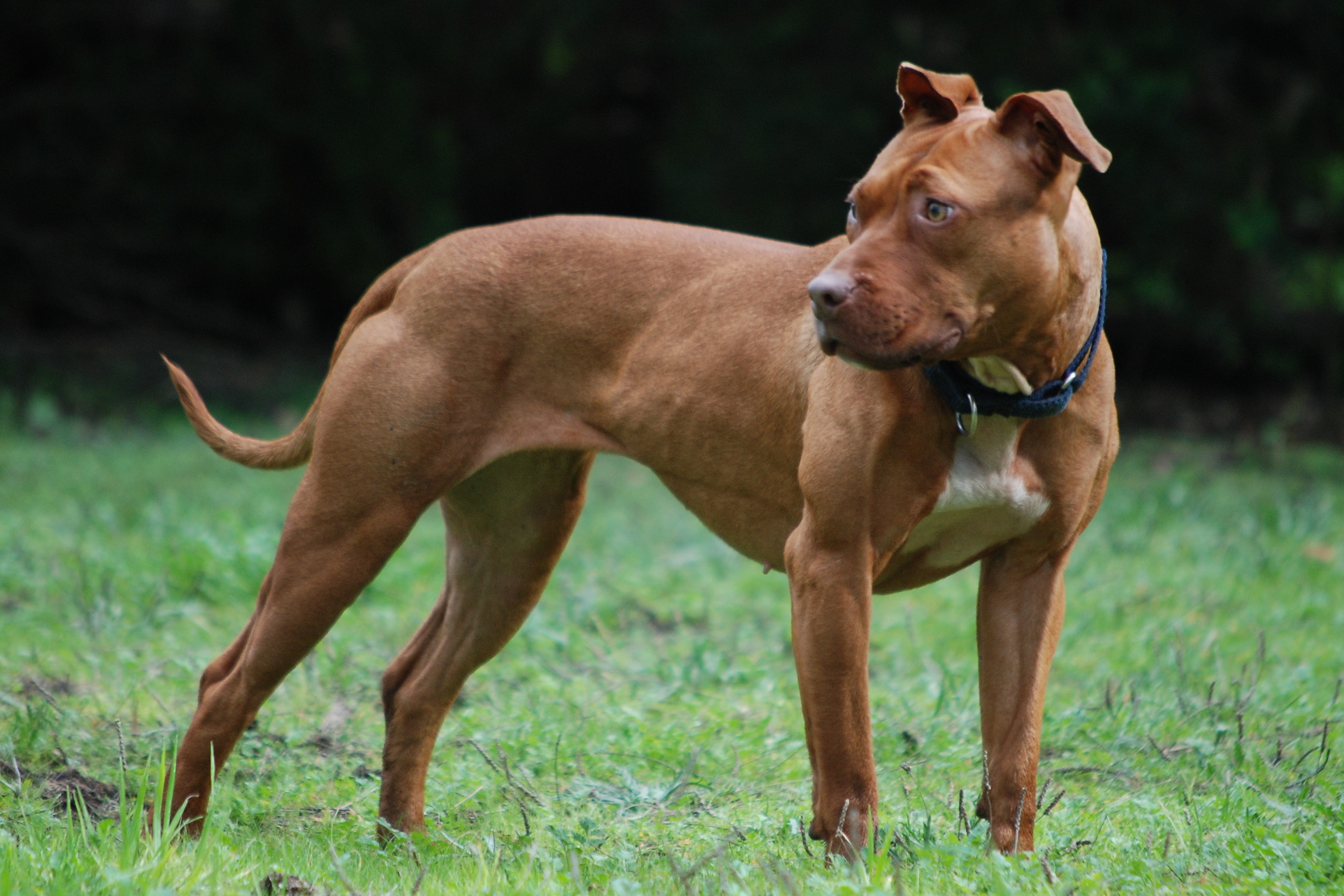
- American Pit Bull Terriers
Even though some people are afraid of “pit bulls” and associate them with dogfighting, the American Pit Bull Terrier is a recognized breed by the United Kennel Club (UKC). They have a large number of followers. Pit bulls can acquire a variety of costly veterinary conditions simultaneously as well. Hip dysplasia can be a severe problem in this breed, necessitating expensive surgery to maintain a dog’s quality of life or necessitating the dog’s continued use of pain medication for the rest of its lifetime.

- Akitas
Akitas, another large breed, are also prone to bloating. Additionally, they may experience joint problems, such as cruciate ligament injuries, which necessitate expensive surgical intervention to correct. German Shepherds, Labrador Retrievers, Rottweilers, Newfoundlands, and Golden Retrievers are among the breeds that are at risk for cruciate ligament injury.
These injuries can occur in any dog who participates in high-intensity exercises, but certain breeds are more prone to suffering from them than others.

- Rottweilers
Rottweilers are another large breed that has a high incidence of hip dysplasia. Cancer is also a severe problem in the breed. While cancer is the most significant cause of death in dogs in general, many Rottweilers tend to succumb to it early.
While chemotherapy is effective, it is also expensive. Some Rottweiler families and their dogs have joined in longevity studies in the hope of discovering some answers.
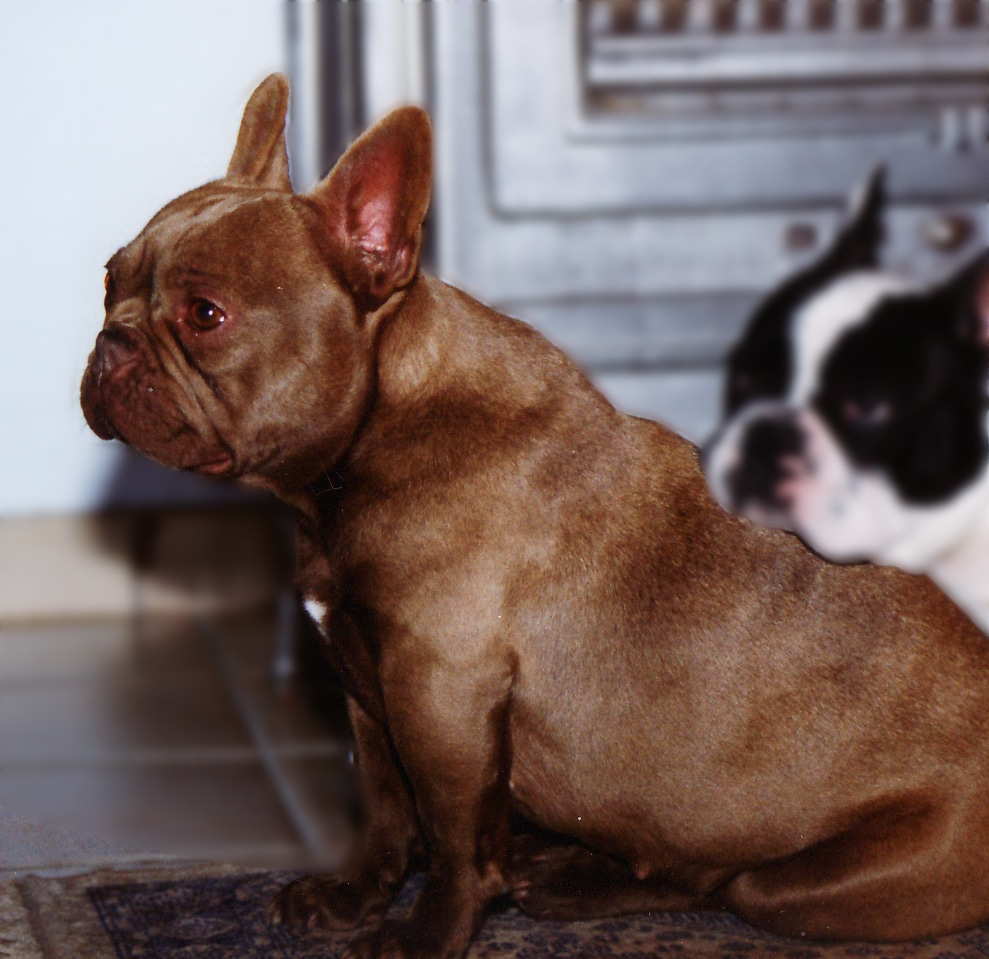
- French Bulldog
While French Bulldogs are becoming increasingly popular, they are a breed that, due to their brachycephalic (short-nosed) nature, is prone to various health concerns, including respiratory problems. Their genetic makeup may be predisposed them to certain respiratory disorders. Specific congenital respiratory diseases are quite expensive to correct surgically.
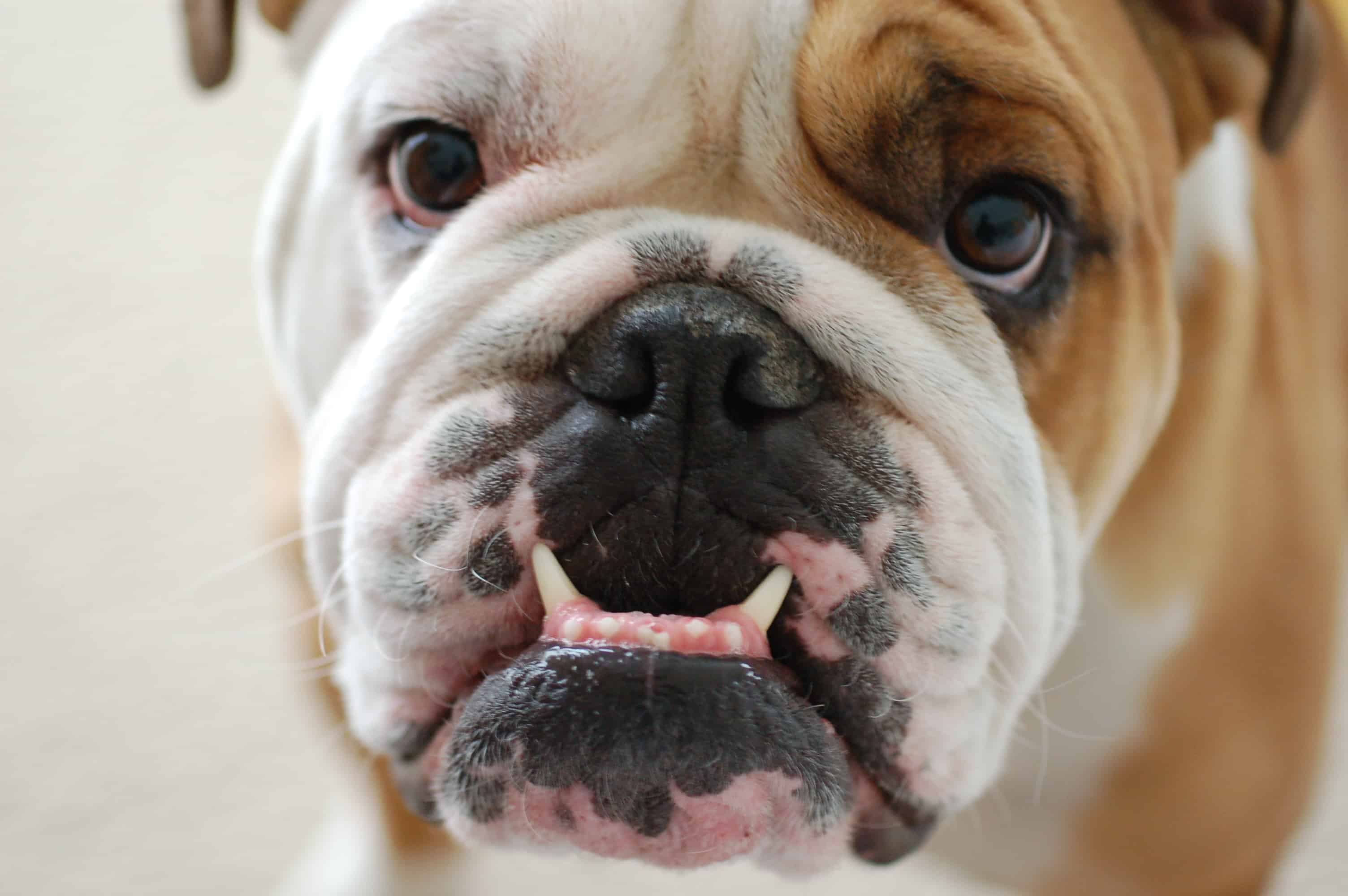
- Bulldogs
One of the most popular dog breeds in the United States, the cute, wrinkled Bulldog, is also one of the most expensive to take care of when it comes to vet bills. They are brachycephalic, which means they have short noses. Because of this, they can have trouble breathing.
The Orthopedic Foundation for Animals (OFA) database has the worst hips in the world for these dogs. When x-rays were taken of Bulldogs, more than two-thirds of them were found to be dysplastic.
All of these breeds are wonderful. If you want to learn more about one of these breeds, we don’t want to stop you. But you should know that some of them have health problems that cost a lot to treat. It’s not just purebreds either.
If you get a mixed-breed dog from a shelter or rescue that looks like one of these breeds, the dog might have some of the same health problems. Some of the same health problems that make a mixed-breed dog look like a Golden Retriever or a Rottweiler can also be passed down through its genes.
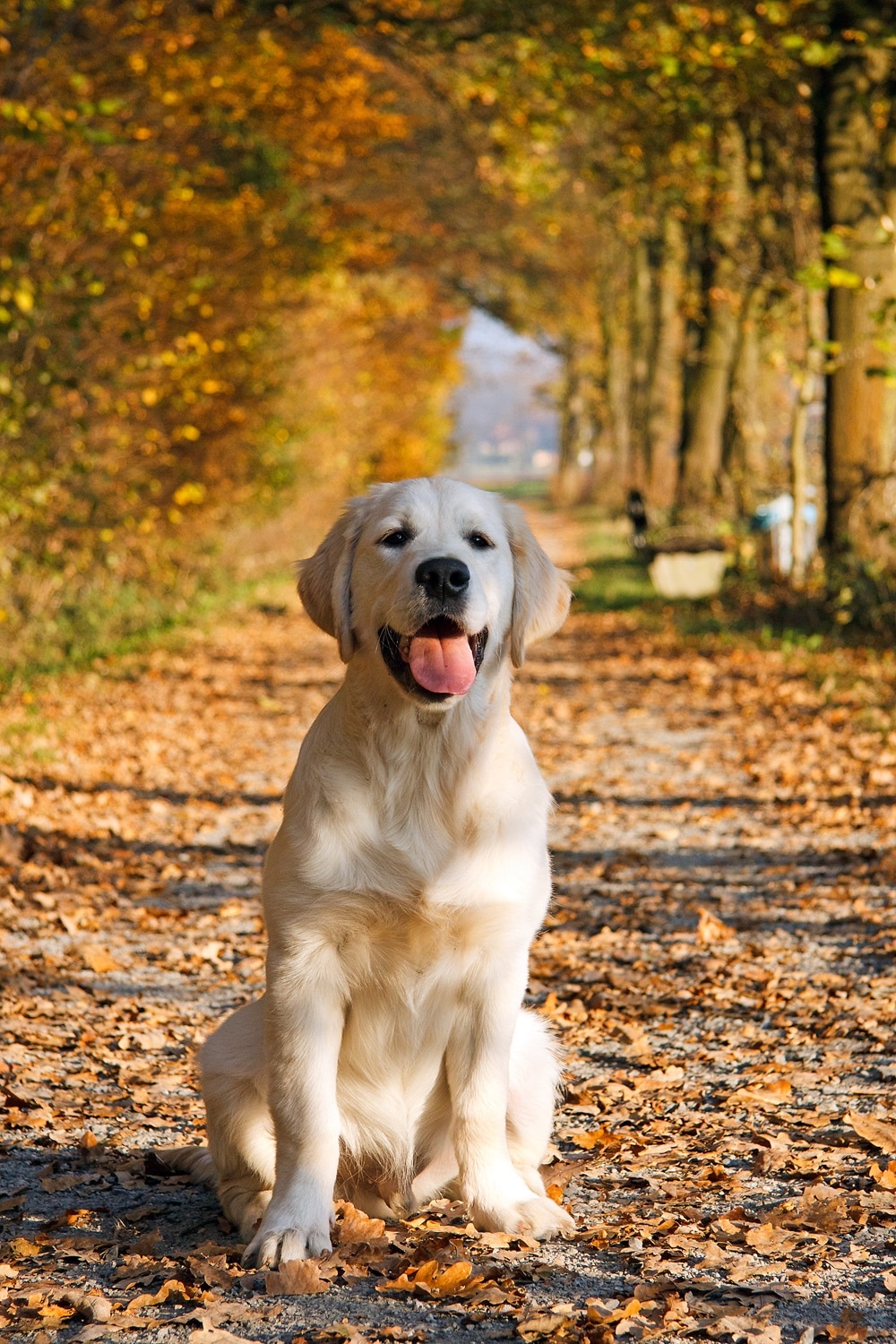
- Golden Retrievers
Yes, we do know that Golden Retrievers are one of the most popular dogs in the U.S. They are also one of the breeds most often affected by cancer. According to one study, 61 percent of Goldens die of cancer. Cancer is the number one cause of death in adult dogs. But it seems that Golden Retrievers are especially susceptible.
In the U.S., the breed’s life span has gone from 16–17 years to less than 10 years in the last 40 years. We love this breed, but who doesn’t? But if you get a Golden, you may have to deal with cancer sooner rather than later, at least until some answers are found.

- Bernese Mountain Dogs
The Bernese Mountain Dog is another large breed that doesn’t live very long. They often have problems with their bones and joints, and the breed is prone to cancer. Most of the time, it costs a lot to treat these conditions.
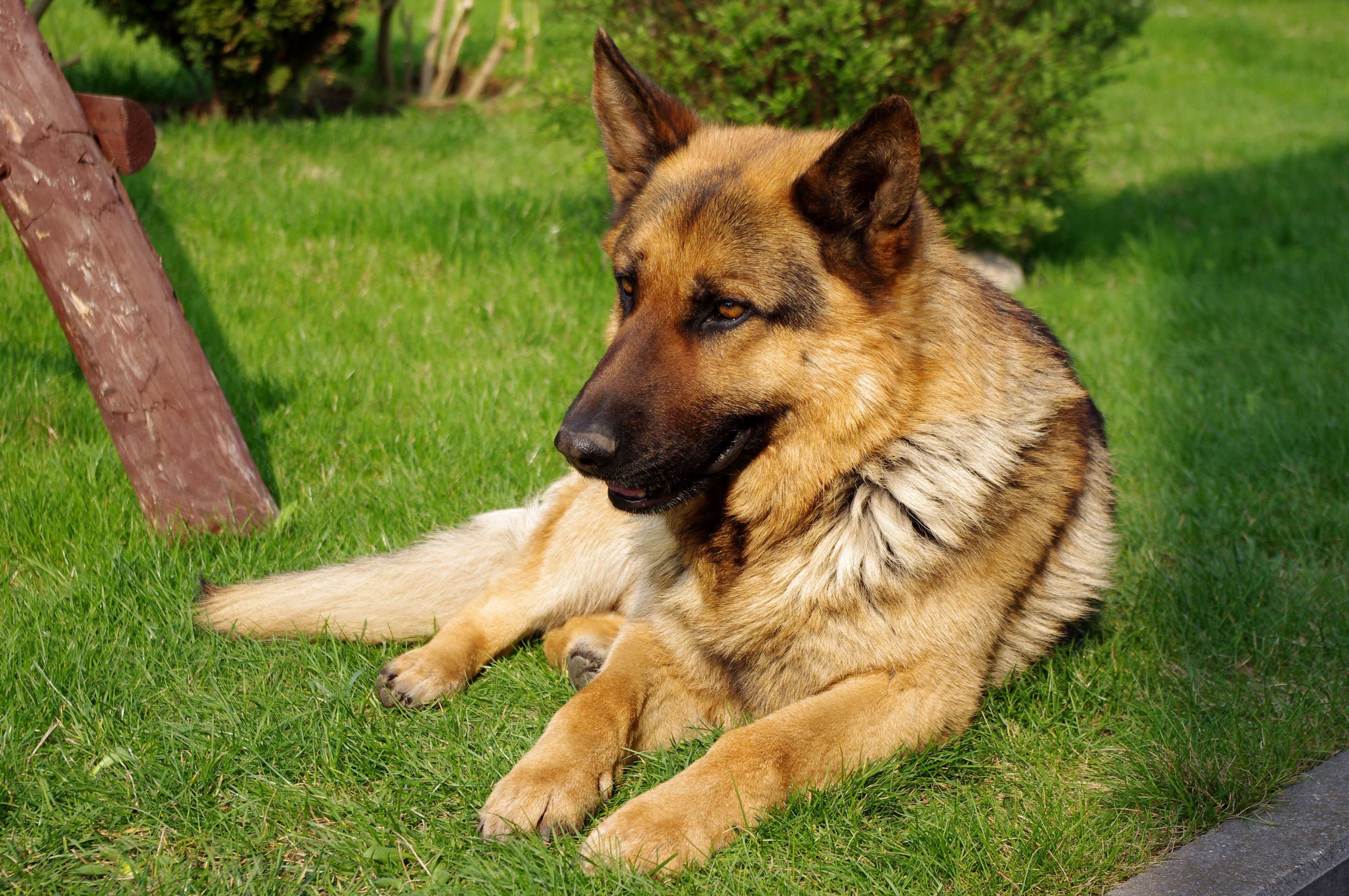
- German Shepherd Dog
Many people love German Shepherds, but the breed has some serious health issues. If you’re interested in these dogs, you should know that they can have health problems and try to get one from a breeder who takes care.
Orthopedic problems, degenerative myelopathy, epilepsy, eye problems, sensitive digestion, and other problems are common in the breed. Sheps also have trouble with bloat.
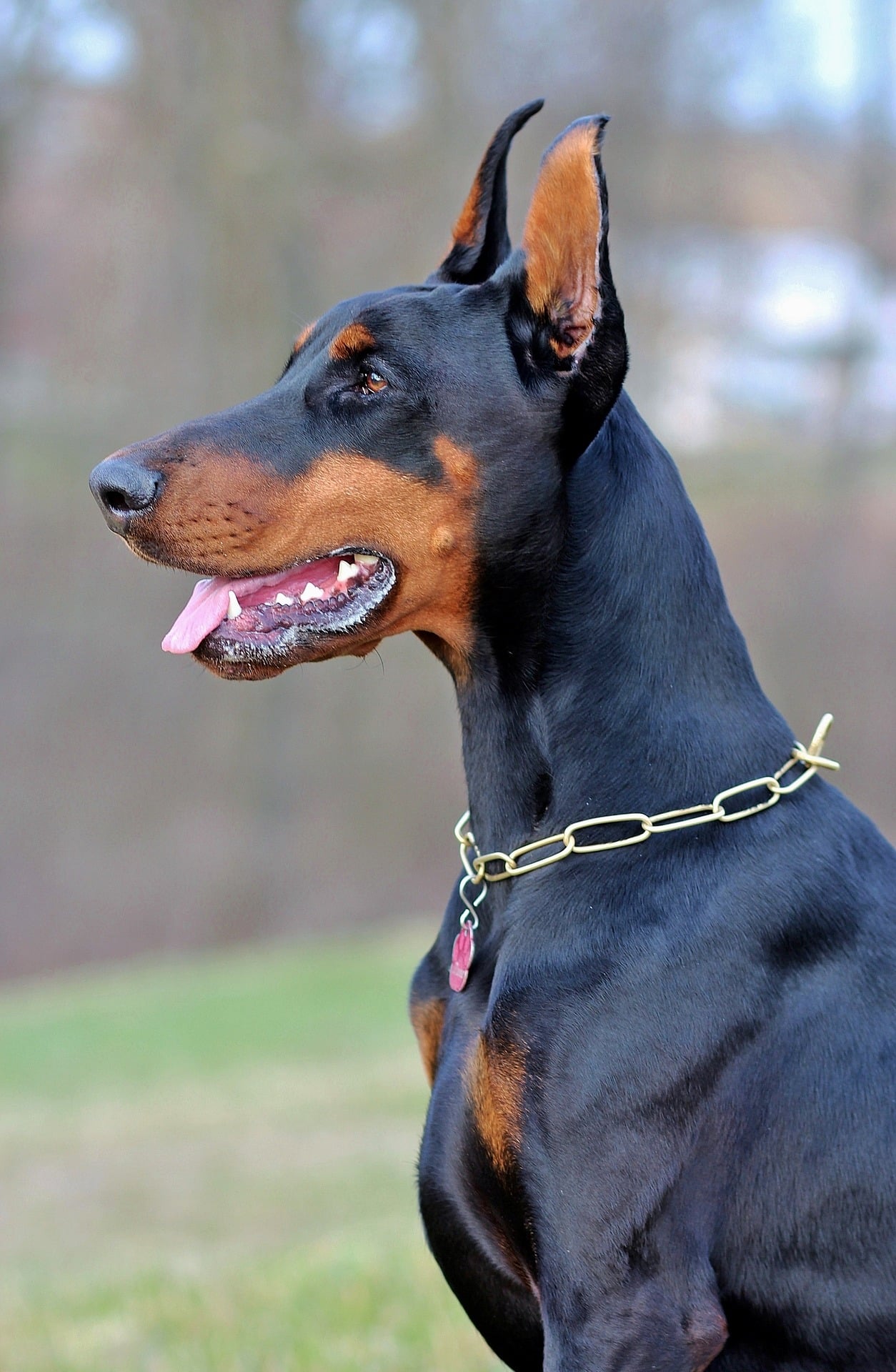
- Doberman Pinschers
Another breed that can get dilated cardiomyopathy is the Doberman Pinscher. They can also have an unstable cervical spine (also known as cervical stenosis or Wobbler syndrome).
Von Willebrand’s disease is a disorder that can cause bleeding and clotting problems. It can happen in Dobermans, but it is not very common. This gene can also be found through a genetic test.
Pet Health Insurance for Unhealthy Dogs
Pet health insurance might assist offset some of the costs if you choose a breed known for pricey health issues.
Pet insurance is in many respects superior to human insurance. It’s designed to be more like auto or home insurance. You select a policy for your pet, customize it with your preferences (which may change depending on your monthly cost), and renew it monthly.
A claim will almost always require a cash payment at your veterinarian’s office until your deductible is met, but some insurance allows co-pays and other human insurance features. Then file a claim with your pet insurer and expect payment within a few days. The payout proportion varies by policy and insurance. Some insurers pay up to 90% of a claim, while others pay less.
Some people start with basic pet insurance and then add accidental death and sickness coverage. They cover routine services like vaccinations and checkups and cover more costly operations if necessary. Vaccines and tests may also be covered under a policy’s wellness checkups.
The lower your deductible, the higher your monthly premiums (payments). Your premiums will be lower if your deductible is high.
A comprehensive pet insurance policy will almost certainly be costly. If you are pickier and only include items your pet may need in an emergency (sickness, injuries), your policy may be quite reasonable.
Frequently Asked Question:
What kind of dog breed do veterinarians recommend for new pet owners?
When it comes to new dog owners, the Golden Retriever is the first pick of veterinarians, and it’s not hard to see why. The majority of households find him to be an excellent addition because of his calm and people-pleasing nature. Besides being a good player, he also exhibits loyalty and affection, and, as if that weren’t enough, this pooch is also rather attractive. Those stunning aesthetics, on the other hand, come at a price: his gorgeous coat necessitates regular cleaning and bathing.


